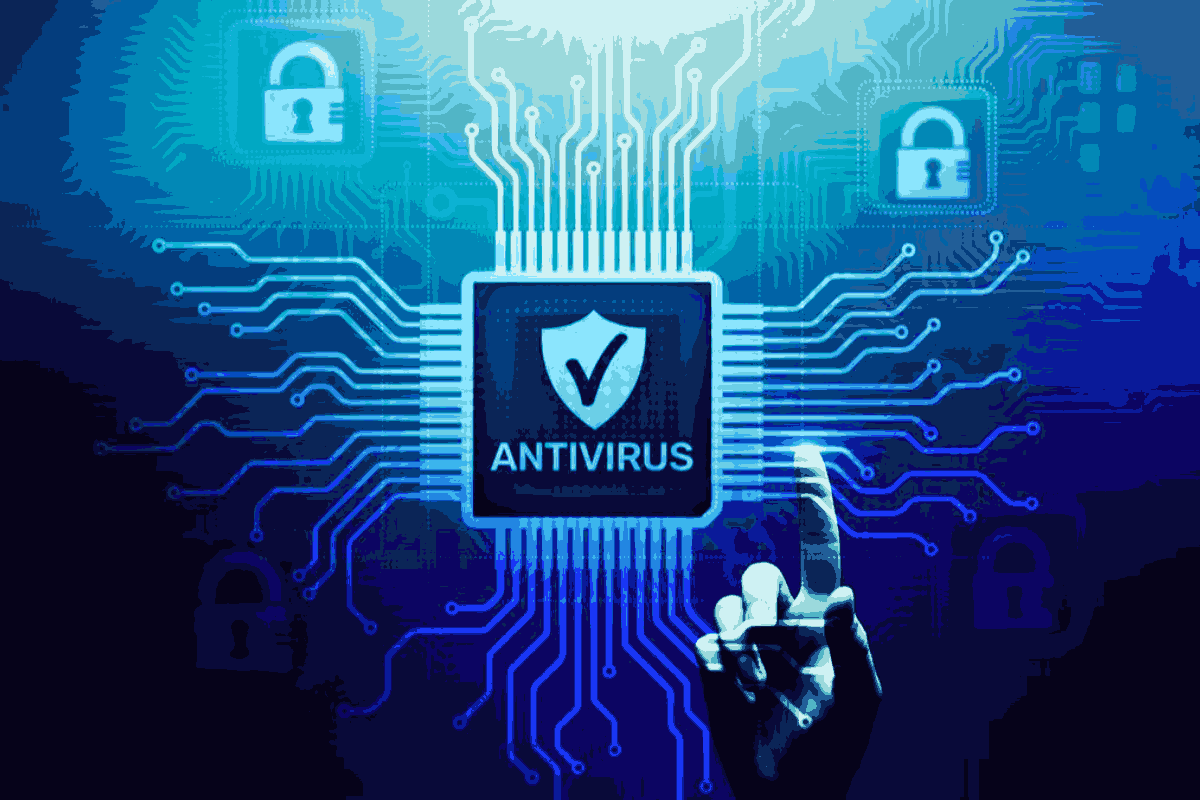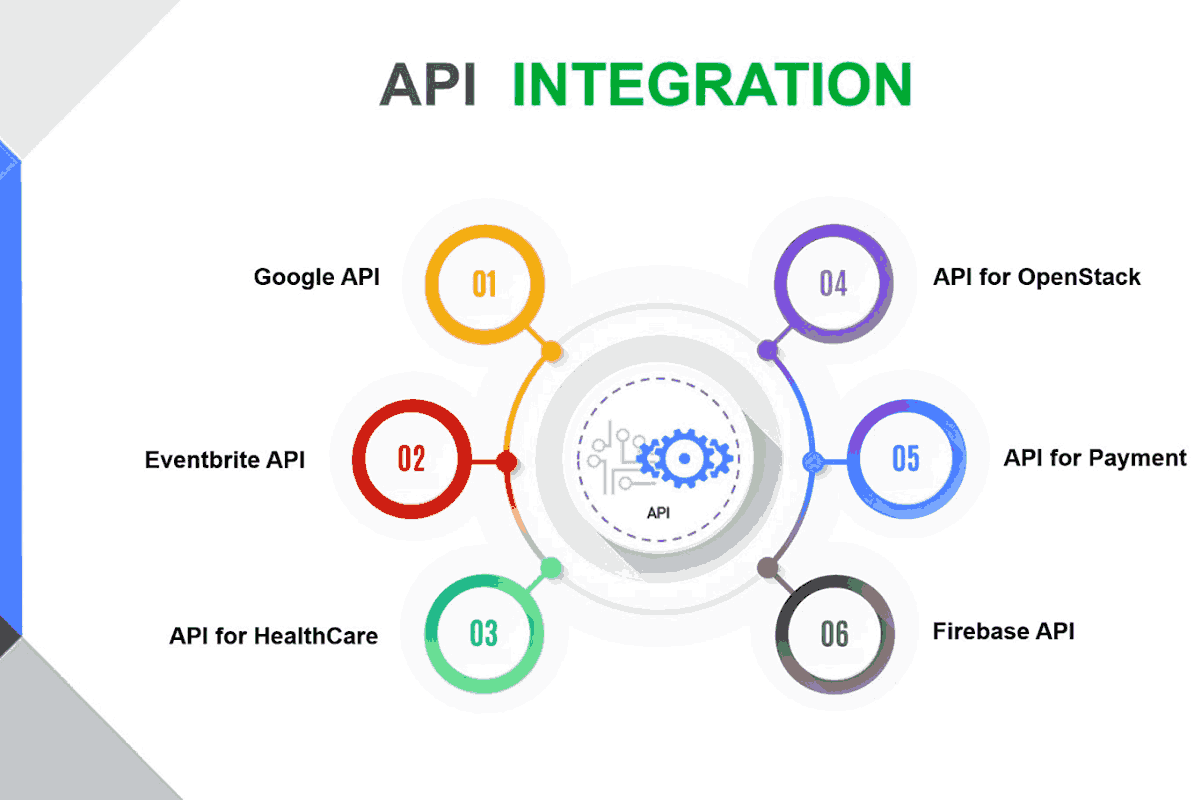
In today’s digital world, security is no longer optional—it’s essential. As data breaches, ransomware attacks, and phishing scams continue to rise, organizations of all sizes are seeking skilled professionals to protect their networks and information. This increasing demand makes cybersecurity one of the most promising and future-proof career choices.
Whether you're a student, IT enthusiast, or someone considering a career change, understanding how to break into this field and grow steadily is crucial. Navigating the cybersecurity career path may seem overwhelming at first, but with the right mindset, tools, and guidance, it becomes a clear journey filled with opportunity.
Understanding the Cybersecurity Field
Cybersecurity is not just about “hacking” or firewalls. It’s a broad field that includes protecting systems, networks, and data from cyber threats. Professionals in this space may work in:
-
Network security
-
Incident response
-
Risk assessment
-
Security auditing
-
Ethical hacking
-
Digital forensics
-
Compliance and governance
Each role requires a different skill set, but they all play a part in keeping digital environments safe.
Skills You Need to Get Started
You don’t need to be a genius to start in cybersecurity. However, a few foundational skills will make your journey smoother:
-
Basic IT knowledge: Understand how operating systems, networks, and the internet work.
-
Programming familiarity: While not mandatory for all roles, knowing languages like Python or Bash can be helpful.
-
Understanding threats: Learn how malware, phishing, DDoS, and other attacks work.
-
Analytical thinking: Cybersecurity often involves solving complex problems and spotting patterns.
-
Communication: You’ll often need to explain technical risks in simple terms to non-technical people.
With these foundations, you’ll be prepared to explore deeper technical topics or specialized roles.
Education and Certifications
While a degree in computer science, information systems, or cybersecurity is helpful, it’s not the only path. Many successful professionals are self-taught or come from non-technical backgrounds.
That said, certifications can be a great way to prove your knowledge, especially to employers. Some of the most recognized certifications include:
-
CompTIA Security+ – Great for beginners; covers essential security topics.
-
Certified Ethical Hacker (CEH) – Focuses on offensive security and penetration testing.
-
CISSP (Certified Information Systems Security Professional) – Advanced; best for those with experience.
-
Certified Information Security Manager (CISM) – Focuses on governance and risk management.
Choose certifications based on your current experience level and career goals.
Gaining Hands-On Experience
Nothing beats practical experience. Theoretical knowledge is important, but employers love candidates who can apply their skills in real-world scenarios.
Here’s how to get hands-on:
-
Home lab: Build a virtual lab on your computer to test attacks, tools, and defenses.
-
Capture The Flag (CTF) challenges: These gamified hacking events sharpen your skills in a fun, practical way.
-
Open-source contributions: Join security-related projects on GitHub to gain teamwork experience.
-
Internships: Even unpaid positions can offer invaluable exposure and mentorship.
Many beginners make the mistake of waiting until they’re “ready” before trying things out. Start early and learn by doing.
Building Your Network and Personal Brand
In the cybersecurity world, who you know can be just as valuable as what you know. Engage with the community through:
-
LinkedIn: Share your learning journey, achievements, and projects.
-
Cybersecurity conferences and webinars: Meet professionals, ask questions, and stay current.
-
Reddit and Discord communities: Join cybersecurity forums where others share advice, tools, and job leads.
Documenting your progress, writing blog posts, or even creating videos about your learning experience can set you apart and attract job offers.
Landing Your First Job
Getting your first job in cybersecurity can be a challenge, especially with many employers asking for experience. However, there are some practical steps you can take:
-
Apply for entry-level roles like SOC analyst, security support technician, or IT help desk (with a focus on security tasks).
-
Tailor your resume to highlight relevant skills, labs, projects, and certifications.
-
Practice interviews by reviewing common cybersecurity questions and problem scenarios.
-
Be flexible about job titles—many roles aren’t labeled “cybersecurity” but still offer great learning experiences.
Once you’ve got your foot in the door, things get easier as you gain real-world experience.
Growing and Specializing in Your Career
After you break into the field, you can explore specialized roles based on your interests. Some paths include:
-
Penetration Tester – Ethical hacking to find system vulnerabilities.
-
Security Analyst – Monitoring and defending networks.
-
Security Engineer – Designing secure systems and networks.
-
Compliance Officer – Ensuring companies follow regulations like GDPR or HIPAA.
-
Threat Hunter – Proactively searching for signs of compromise.
By continuously learning and staying updated with the latest tools and threats, you can move up the ladder into senior positions or even leadership roles.
Final Thoughts
Navigating the cybersecurity career path takes time, curiosity, and persistence. But it’s one of the few fields where passion and self-driven learning can lead to real success. The demand is strong, the salaries are competitive, and the work is meaningful—you’ll be helping protect people, businesses, and even nations from digital threats.
So whether you’re just exploring or already learning, take your next step today. The cyber world is waiting—and it needs defenders like you.
Keywords:
- navigating the cybersecurity career path











Leave a comment